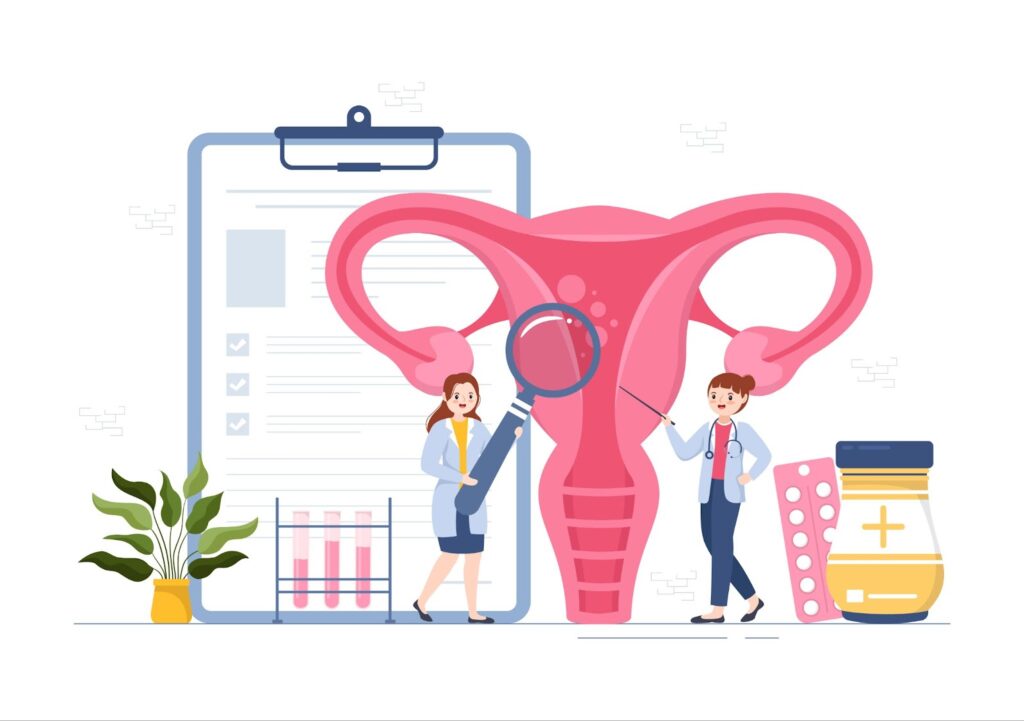Failure of IUI: Everything You Need to Know
Intrauterine insemination (IUI) is a common fertility treatment that helps couples struggling to conceive. It is often one of the first steps recommended before moving on to more advanced treatments like IVF (in vitro fertilization). However, despite its simplicity and effectiveness, IUI is not always successful. Understanding the reasons behind the failure of IUI can help you make informed decisions about your fertility journey.
In this article, we will explore the possible causes of IUI failure, the steps to take after an unsuccessful cycle, and how to choose the best IUI center in Kolkata for your treatment.

What is IUI?
IUI is a fertility treatment that involves placing specially prepared sperm directly into a woman’s uterus during ovulation. This process increases the chances of fertilization by bringing the sperm closer to the egg. It is commonly used for couples experiencing mild infertility issues, such as:
- Low sperm count or motility in men
- Unexplained infertility
- Mild endometriosis
- Cervical mucus problems
- Ovulatory disorders
Success Rates of IUI
The success rate of IUI varies depending on several factors, including the age of the woman, the quality of the sperm, and the underlying cause of infertility. On average, the success rate for IUI is about 10-20% per cycle. While these numbers may seem low, many couples achieve success after multiple cycles.
However, not every IUI attempt results in pregnancy. Understanding why an IUI cycle may fail is crucial for moving forward.
Reasons for IUI Failure
- Age of the Woman A woman’s age plays a significant role in fertility. Women under 35 years have higher chances of success with IUI compared to those over 35. Fertility declines with age due to a decrease in the quantity and quality of eggs.
- Sperm Quality The success of IUI also depends on the quality of the sperm used. Issues like low sperm count, poor motility, or abnormal morphology can reduce the chances of fertilization.
- Ovulation Issues If ovulation is not properly timed or if the ovaries do not release a healthy egg, the chances of IUI success decrease. Hormonal imbalances can also affect ovulation.
- Tubal Blockage or Damage For IUI to work, at least one fallopian tube must be open and functional. Blocked or damaged fallopian tubes can prevent the sperm from reaching the egg.
- Endometrial Issues A healthy endometrium (uterine lining) is necessary for the implantation of a fertilized egg. Conditions like thin endometrial lining or uterine abnormalities can lead to IUI failure.
- Timing of the Procedure Timing is critical for IUI. If the insemination is performed too early or too late, the chances of sperm meeting the egg are reduced.
- Unexplained Infertility In cases of unexplained infertility, the exact cause of the issue is unknown, making it harder to address specific problems. This can sometimes lead to unsuccessful IUI cycles.
- Lifestyle Factors Lifestyle factors such as stress, smoking, excessive alcohol consumption, and obesity can impact fertility and reduce the success rate of IUI.
Steps to Take After IUI Failure
If your IUI cycle fails, it is natural to feel disappointed. However, it’s important to stay positive and focus on the next steps. Here’s what you can do:
- Consult Your Doctor Schedule a follow-up appointment with your fertility specialist to discuss the reasons for the failure and possible changes to your treatment plan.
- Evaluate Your Options Your doctor may suggest trying another IUI cycle with adjustments, such as:
- Using fertility medications to stimulate ovulation
- Improving sperm quality through lifestyle changes or medication
- Alternatively, they may recommend moving on to IVF if multiple IUI cycles have failed.
- Perform Additional Tests If the cause of infertility remains unclear, your doctor may recommend additional tests, such as:
- Hysterosalpingography (HSG) to check for tubal blockages
- Hormonal tests to evaluate ovulation
- Genetic testing for underlying issues
- Focus on Lifestyle Changes Improving your overall health can enhance your chances of success in future cycles. Consider:
- Eating a balanced diet
- Exercising regularly
- Managing stress through mindfulness or therapy
Choosing the Best IUI Center in Kolkata
Selecting the right fertility clinic is essential for increasing your chances of success. Here are some tips for finding the best IUI center in Kolkata
- Reputation and Reviews Look for clinics with positive reviews and high success rates. Talk to other couples who have undergone IUI at the center.
- Experienced Specialists Ensure the clinic has experienced fertility specialists and embryologists who can provide personalized care.
- Advanced Facilities Choose a center equipped with modern technology and facilities for accurate diagnosis and treatment.
- Transparent Pricing The best IUI treatment in Kolkata should be affordable without compromising on quality. Ask for a clear breakdown of costs.
- Supportive Staff A compassionate and supportive team can make a significant difference in your fertility journey.
Final Thoughts
While the failure of an IUI cycle can be discouraging, it does not mean the end of your journey to parenthood. Understanding the reasons for the failure and taking proactive steps can improve your chances of success in future cycles. Remember to stay positive, consult your doctor, and choose the best IUI center in Kolkata for personalized care and support.
Your dream of becoming a parent is worth pursuing, and with the right guidance and determination, it is achievable.

.png) (+91) 9864103333
(+91) 9864103333 (+91) 9435502020
(+91) 9435502020



